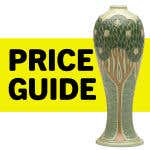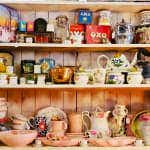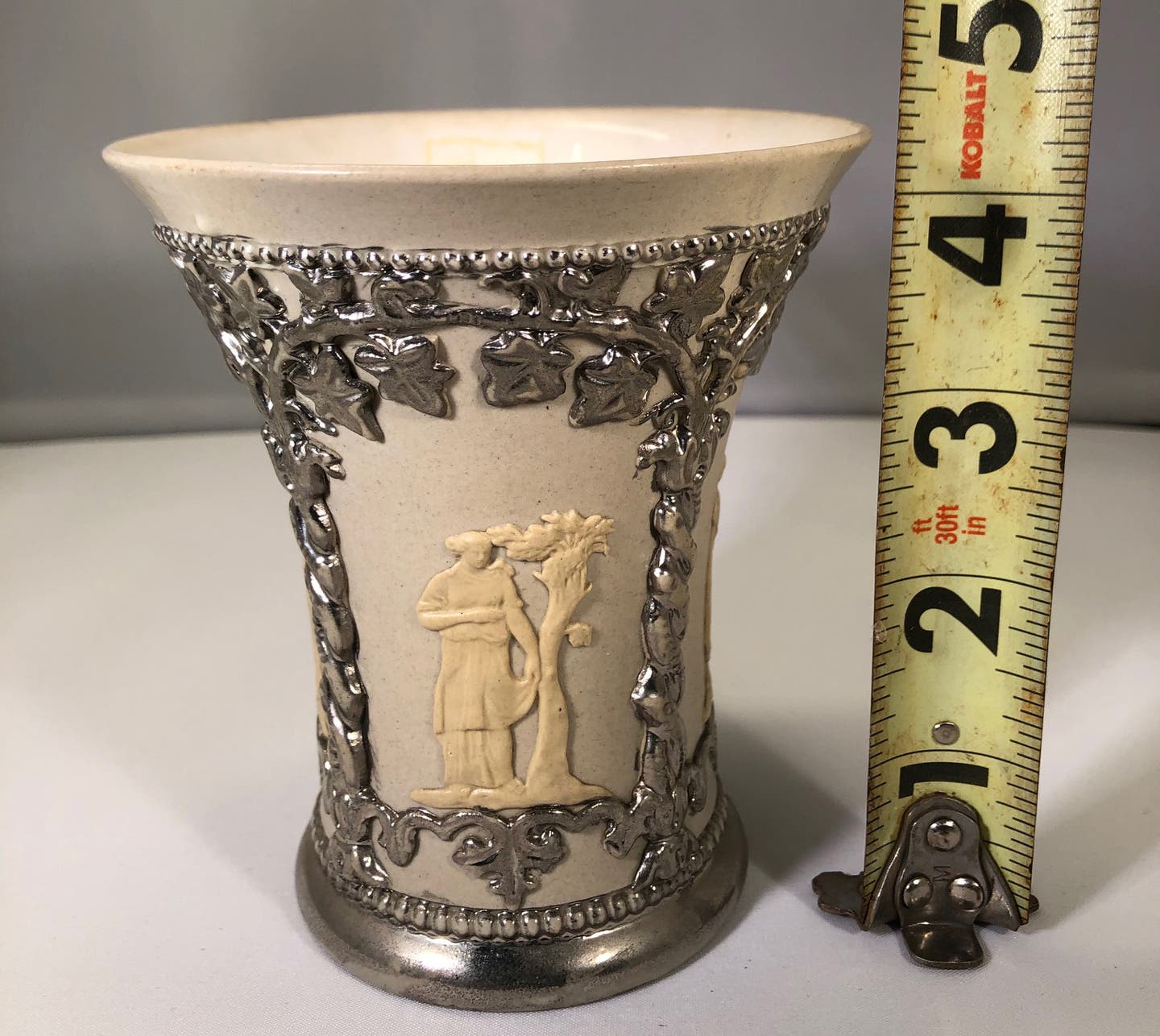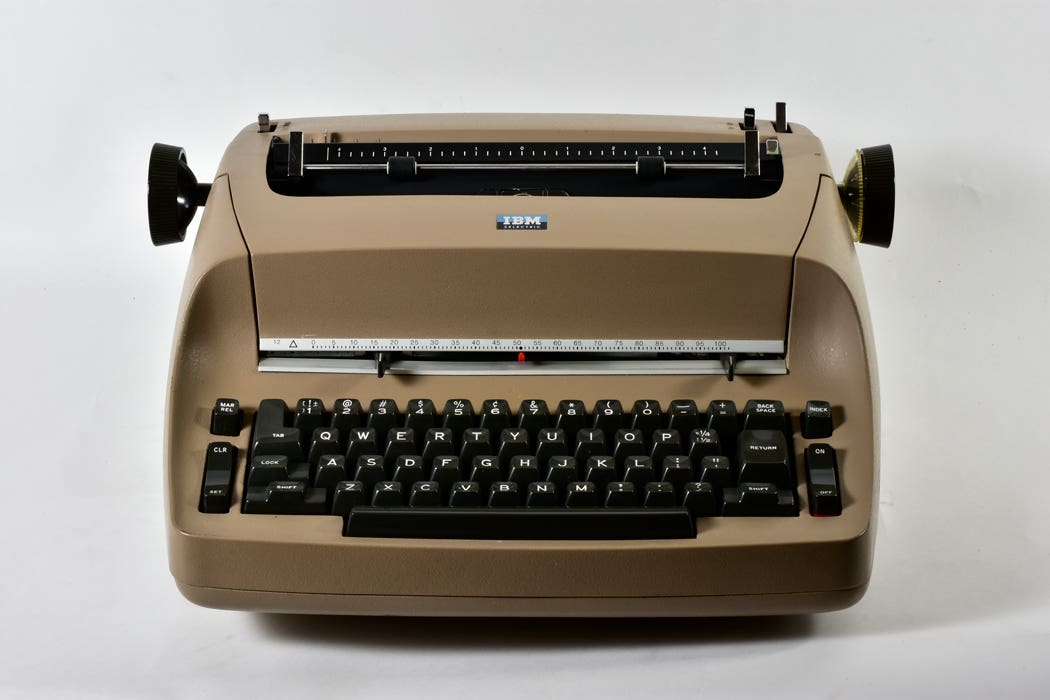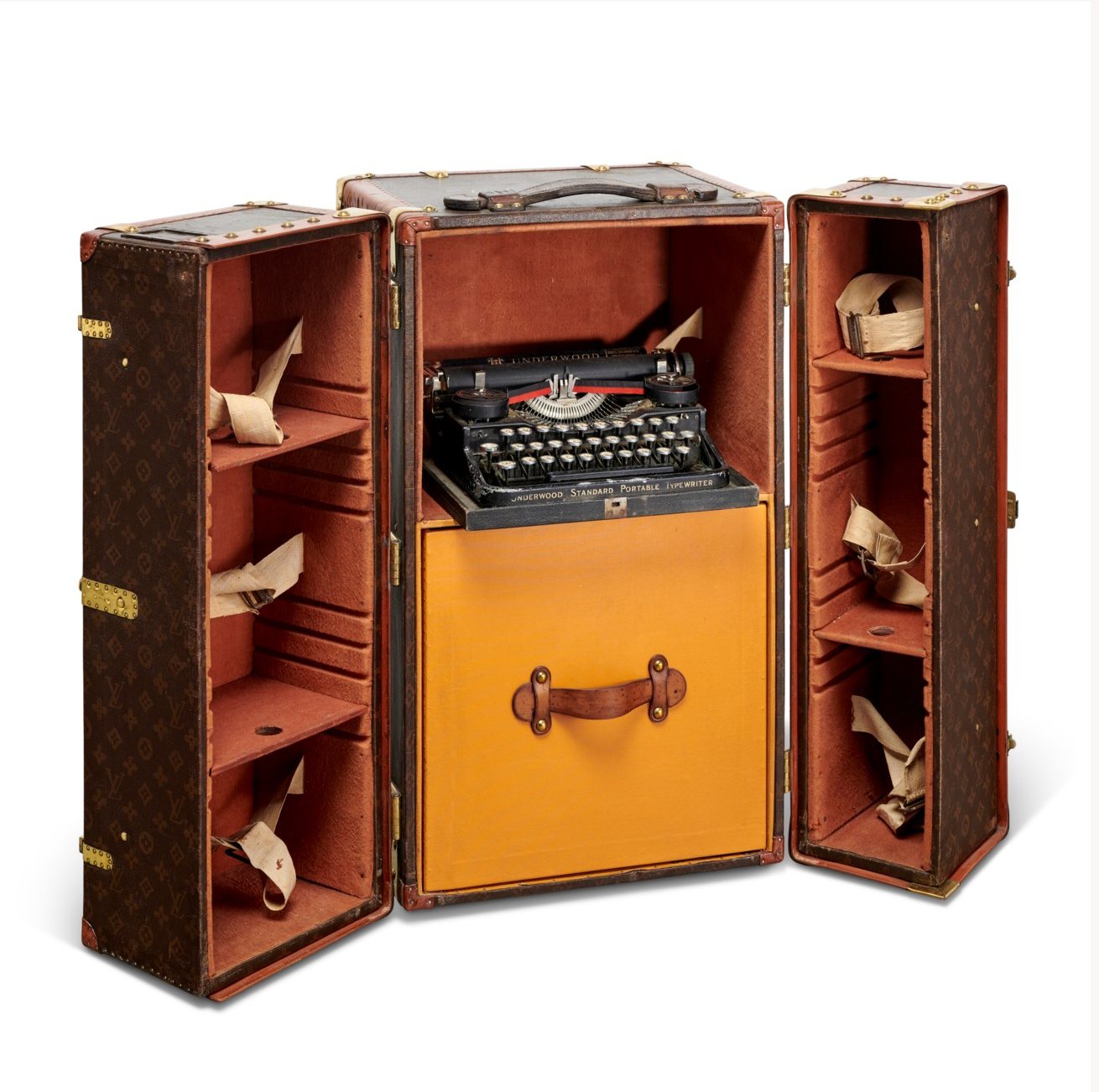Shedding light on the myth of the business plan
In his latest Behind the Gavel column, Wayne Jordan examines the topic of business plans, and if they are a must for small businesses or a myth.
By Wayne Jordan
I’m not real big on business plans. When I bought my first business, my accountant, attorney, banker, college professors and business writers encouraged me to write a business plan. They said that a good business plan was essential for running a successful business. I asked my entrepreneur friends if they had a business plan, and most said “no” or “waste of time.” Since (at that time) I believed the opinions of professionals to carry more weight than the opinions of actual business owners, I hired a CPA to write a five-year business plan for me.
Boy was I impressed when I got my copy of the plan! It was nicely bound in blue leatherette, with heavy bond pages and multiple typefaces in several colors. It had graphs and spreadsheets and market analysis and amortization charts. Best of all, it showed that I was going to be rich! You know the old saying “One learns more from mistakes than successes”? Well, having a business plan written was my first expensive stumble – and I learned a lot from it.
The plan was built upon assumptions that I had given to the accountant. I told him what my sales and expenses were going to be and how much I was going to grow year-by-year. All that had to happen for me to achieve my financial goals was for all of my assumptions to hold true. Of course, assumptions don’t always hold true; that’s why they’re called “assumptions.” Business plans are based on what you think will happen, but reality has a way of throwing you curves. Nothing ever happens exactly the way you think it will, and you can’t possibly plan for every eventuality.
Of course, my assumptions were driven by my optimism. As it is with most new business owners, my days of optimism were offset by days of pessimism. The day that my accountant delivered my projections was one of those less-than-optimistic days.
“What if I don’t sell as much or if my expenses are more than I think they will be?” I asked.
“Then you won’t make as much money,” he replied.
“So if my assumptions prove to be wrong, then all of the numbers for the next five years are wrong?” I challenged.
“Yes,” he countered. “But I will be glad to run the reports again as your circumstances change.”
I’ll bet he would, considering how much he was charging. I spent money I didn’t have to get a business plan that I didn’t need. You don’t need one either, despite the prevailing myth that your business must have a written plan.
Why? Because business plans are something that you hand to bankers and investors to get them to make you a loan or otherwise invest in your business. Business plans establish how you will pay back a loan; they identify your market, discuss the competition, what you will sell and project how much revenue you will have and what your expenses will likely be. When it comes to actually running your business, they have a short shelf life.
You’ve probably been thinking about your plans for years. You day-dream about them. You notice locations that would make a nice shop. You visit other antique dealers to see how they “do what they do.” You likely have made extensive notes about what your plans are, and your operating plan is crystalized in your head. You have a “mental” business plan; it’s just not nicely organized and presentable to a bank.
So, you can save yourself the trouble and expense of creating a full-blown, nicely packaged business plan with charts and graphs and spreadsheets and loan amortization charts. You don’t need such a business plan because no bank loans money for starting up an antique store. If you have sufficient collateral they might offer you a personal loan, but it won’t be tied to your business. Generally, unless you have a well-heeled relative with a soft spot for your ambition, you’ll have to go this alone using your own resources.
As a practical matter though, it is extremely helpful to be able to see the consequences of your
decisions. That’s where your “crystal ball” comes in. Your crystal ball is a good financial modeling system. With a good financial modeling system, you’ll be “off the hook” for making pointless assumptions and then waiting weeks for the financial statements to arrive so you can analyze your actions. The best news is that you no longer have to hire an expensive CPA to do the modelling for you.
What the CPA did for me 40-odd years ago you can do today on an Excel spreadsheet. Excel 2010 and 2013 have a built-in “What-if” Analysis function with options that allow you to input various scenarios into your pro-formas. Once you have entered your basic sales and expense predictions into the spreadsheet, you can play around with different scenarios: What if my sales go up? What if my sales go down? What happens if I hire part-time help? What if I raise my prices? What if I lower my prices? Such a spreadsheet allows you to explore different combinations of events to see which one gives you the most profit.
Here’s a practical example:
Let’s say it’s January, the Christmas season has passed, and you want to participate in the big spring antique fair in your town. You plug into your spreadsheets all of the expenses that the show will entail, and then you enter what the expected sales will be. When the spreadsheets calculate, you’ll be able to see clearly what sales level you’ll need to hit in order for the show to be worth the effort. If the needed sales levels are do-able, you can move ahead; if not, you can avoid the show. Isn’t that better than waiting until the show is over to find out that profit was impossible?
Having the ability to predict the outcomes of your decisions before they happen allows antique dealers to make better decisions, and to do so a lot faster. Spending an hour running through various scenarios on your computer enables you to take the best available course of action in any set of circumstances. Choosing the best available scenario doesn’t always guarantee success, but it reduces your risk considerably.
If you’ve never used Excel before, YouTube is full of instructional videos. If you don’t have the time or inclination to learn Excel, EZ Numbers has a simple-to-use pro-forma software program for both Mac and PC; just type in your data and it will automatically run your pro-formas. Whenever you change your assumptions or data, the program updates your results. The software sells for less than an hour of your CPA’s time.
Creating pro-formas and what-if scenarios for your business is the closest you will ever get to actually having a crystal ball. These tools can give you the confidence to make a success of your shop, and you won’t even have to create a business plan.
Longtime columnist, writer, and author, Wayne Jordan is an antiques and collectibles expert, retired antique furniture and piano restorer, musician, shop owner, auctioneer, and appraiser. His passions are traveling and storytelling. He blogs at antiquestourism.com and brandbackstory.com.
